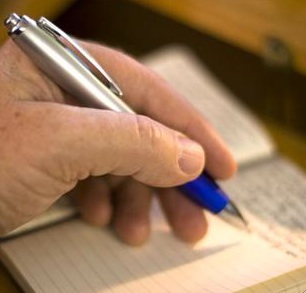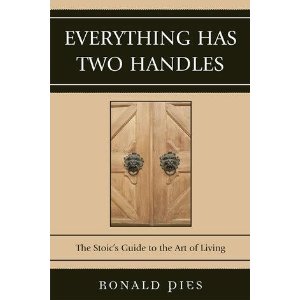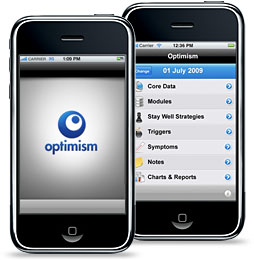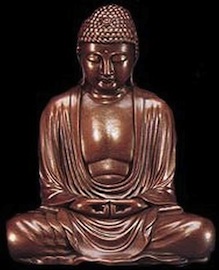 One of the most helpful steps for me when I started going to twelve-step meetings was to conduct a moral inventory of myself. Never before had I forced myself to be accountable for some of the destructive events in my adolescent and teen years. Writing it all down, and then, making amends to the appropriate people (the next step), was truly liberating.
One of the most helpful steps for me when I started going to twelve-step meetings was to conduct a moral inventory of myself. Never before had I forced myself to be accountable for some of the destructive events in my adolescent and teen years. Writing it all down, and then, making amends to the appropriate people (the next step), was truly liberating.
Hard – like when I had to go back and tell the pool manager that I stole money for booze all the time when I worked the front desk – but liberating. In his very insightful book, “Everything Has Two Handles: The Stoic’s Guide to the Art of Living” professor of psychiatry Ronald Pies connects the wisdom of the stoics to the present age, using anecdotes from his practice. I will be using them sporadically as themes emerge in my posts. Here’s a great one on the benefits of taking a moral inventory. A note of caution: DO NOT DO THIS IF YOUR LITTLE MAN IS ACTIVE.
To the best of your ability … conduct inquiries of your own into all the evidence against yourself. Play the part first of prosecutor, then of judge, and finally of pleader in mitigation. Be harsh with yourself at time. -Seneca, Letter XXVIII
Brett was a 30-something publicist for a large Hollywood firm catering to celebrities. As a teenager, Brett had experienced bouts of depression and low self-esteem. He had seen a counselor who believed in “unconditional positive self-regard,” and who had urged young Brett to “accept himself no matter what” his shortcomings. This idea did help Brett to emerge from his adolescent depression–but it also seemed to prolong his adolescence in some ways. At work, Brett almost never looked critically at his own performance. If something went wrong with a client, Brett would usually shrug, make a joke, and say something like, “Hey, some days you eat the bear, some days the bear eats you!” This “don’t sweat it” attitude helped Brett cope with the normal ups and downs of professional work, but it also left him unwilling to ask the hard questions of himself, for example: “Is there something in my failures that points to a pattern? Is there something about me that needs to change before I can become more successful?” Although his co-workers liked Brett, his boss found Brett’s nonchalance annoying at times, and told him as much.
As we have seen, self-esteem is important–and yet, it is not the whole story in the matter of our development as decent human beings. In the Judaic tradition, there is an act called heshbon ha-nefesh, first detailed by Rabbi Mendel of Satanov. Roughly translated, it means “making an account of the state of one’s soul.” This is a kind of moral inventory the individual is encouraged to take periodically (not just during the “days of Judgment,” such as Rosh Hashonah or Yom Kippur). Seneca is urging us to do something like this–starting with the hard questions; proceeding to the phase of self-judgment; and concluding with self-acceptance. Simply berating oneself is not helpful. We must be fair with ourselves–and that means seeing ourselves realistically but compassionately.
* Click here to subscribe to Beyond Blue and click here to follow Therese on Twitter and click here to join Group Beyond Blue, a depression support group. Now stop clicking.


